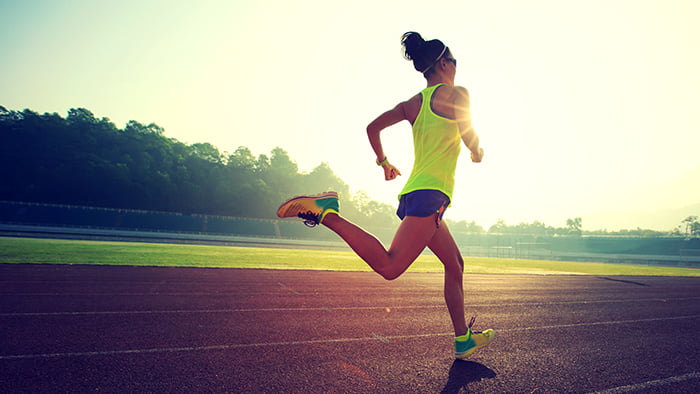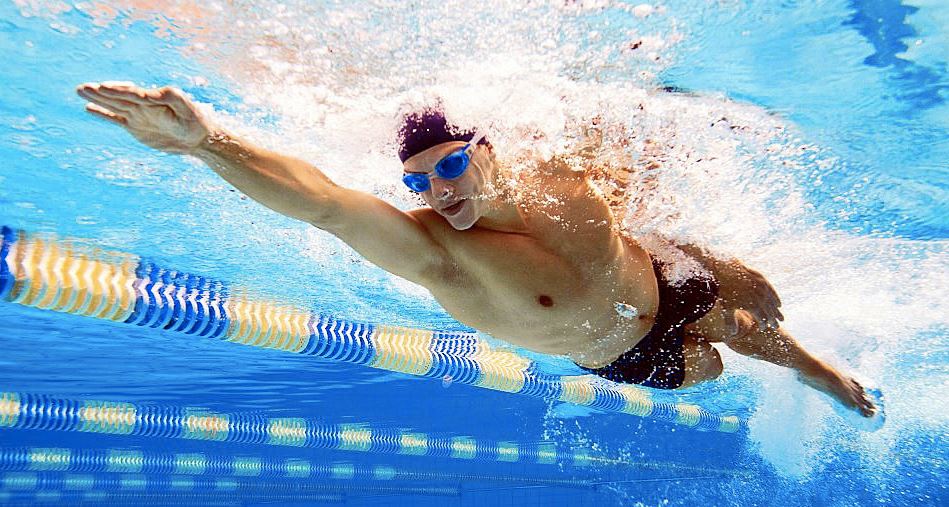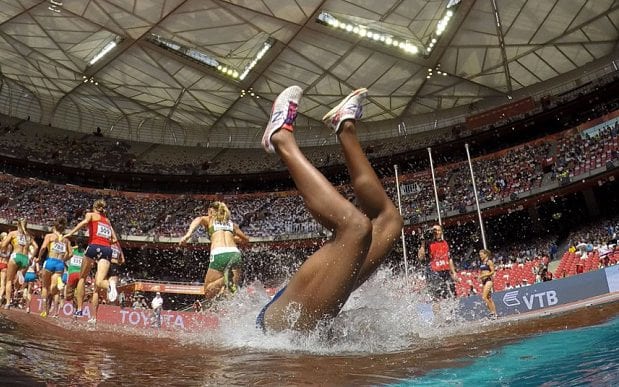Despite what some people might think, being a pro athlete is not an easy job. Sure, the paycheck is nice, but there’s a lot riding on their performance, which means they need to stay in the best possible shape at all times.
This often includes intense workout routines, a strict diet and schedule, and the inclusion of mental exercises. Continue reading to learn more about what it takes for a pro athlete to stay on top of their game.
1) A Strict Diet and Schedule
If you think pro athletes party all the time, think again. While some athletes are known for their partying, this type of lifestyle can greatly hinder athletes’ performance. That’s why many athletes refrain from drinking or partying altogether, especially during the season.
Plus, doing so often defeats the purpose of their gruelling diet and workout sessions, especially as they age. And they might not have the desire to go out when they have to get up again at five in the morning for a workout.
No matter the type of sport that they play, every successful athlete will need to adhere to a strict diet and sleep schedule. It’s crucial that they remain hydrated at all times and eat nutritiously so that they have the energy they need to succeed.
This often involves a diet based on an athlete’s individual caloric and nutritional needs, and they often take nutritional supplements as well. During the season especially, their diets typically include plenty of protein, vegetables, and whole grains.
2) Mental Exercises and Activities
When it comes to training the mind, there’s a variety of exercises and activities that athletes can do. One activity that athletes can do (which might surprise you) to train their mind is play poker. This game is popular among a wide range of athletes, professional or otherwise, from football players to basketball players, to tennis players.
Practising poker strategy in their spare time can help them to work on certain skills that will help them to make the best possible play every time, on and off the field. Some of these skills include improved reading of opponents, improved mental and physical reflexes, and improved mental toughness.

Mental toughness is especially important in the world of sports because players need to have confidence in their abilities in order to perform well. Without that confidence, players won’t have the motivation they need when training or on the field, and will likely perform worse than they would have otherwise. Mental toughness, whether in a game of poker or on the field, will help athletes to bring about the results that they’ve envisioned.
This mental toughness then ties into the types of mental exercises that athletes should do, such as practising positive thinking and big-picture thinking. When going through a hard time, it helps for athletes to focus on the positive aspects of their career, and their career as a whole, such as how much they’ve changed and how far they’ve come.
This can then help them to determine where they want their career to go, and what types of goals to set. With positive and big-picture thinking, athletes will be able to better handle slip-ups or injuries that would have otherwise negatively affected their recovery or future performance.
3) Intense Training Sessions
Many athletes start training early in the morning and often get in a workout before 7 or 8 a.m. While there’s usually a “rest” day included each week — which might still include low-intensity exercises — many pro athletes work out multiple times a day to stay in shape.
Even though athletes’ needs will differ depending on their personal needs or sports needs, most pro athletes will do a mix of aerobic and anaerobic workouts. More specifically, this might include running, sprinting, interval training, weight lifting, strength training, and circuit training. This can all certainly be a lot for an athlete to handle, which is why they often have personal trainers.
It’s definitely not easy being a pro athlete. There’s a lot that goes into making sure that they’re on top of their game at all times. It might be best to leave this type of regimen to the




